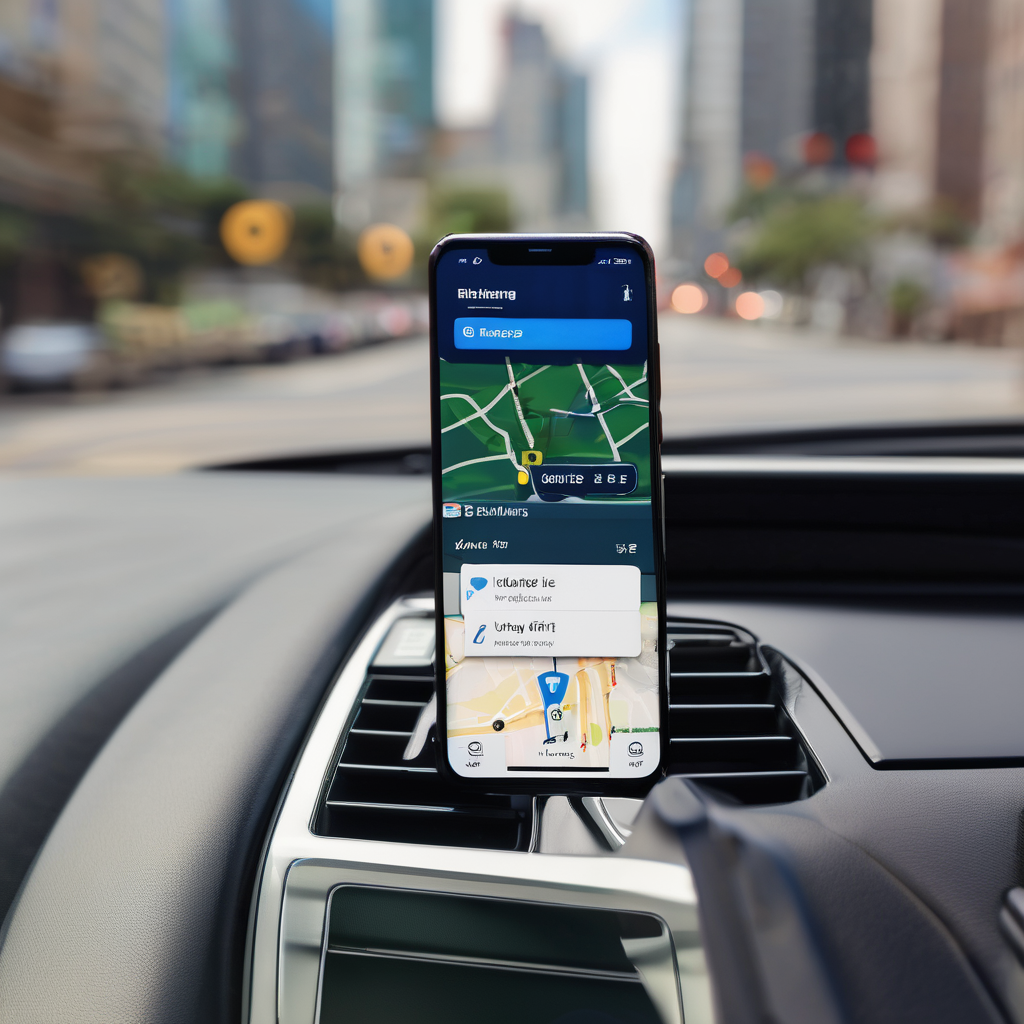Uber is facing a legal challenge from Worker Info Exchange (WIE), which has demanded the company cease using its AI-driven pay-setting system. The legal letter claims that Uber’s algorithmic pay model infringes on data-protection laws by utilizing drivers’ personal information without adequate consent and by modifying pay in ways that are opaque and unchallengeable for drivers. WIE has indicated that it will pursue a collective-action claim in the Netherlands if Uber fails to respond to the allegations.
This lawsuit could have significant implications for the ride-hailing industry, particularly concerning the operational practices of modern platforms. For many years, drivers have voiced concerns regarding “upfront pricing,” which effectively obscures the earnings that platforms derive from individual fares. If the court rules against Uber, it could herald a new era of transparency within the entire ride-hailing sector.
For private hire vehicle (PHV) and taxi drivers in the UK, this situation highlights a crucial transformation in how earnings are influenced. Algorithms are no longer merely tools for dispatching jobs; they have a direct impact on drivers’ incomes. When pay is subject to change without clear justification, drivers are left uncertain about their actual hourly earnings, which complicates their financial planning and stability.
Should courts impose stricter regulations on automated pay systems, it may prompt all operators—ranging from prominent ride-hail platforms to local minicab services—to reevaluate their pay structures. Transparent pay mechanisms could soon transition from being a competitive advantage to a regulatory requirement.
While platforms might argue that their algorithmic systems enhance flexibility, many drivers often experience heightened inconsistency in their earnings. The unpredictability caused by fluctuating “take rates” and fare offers that fail to adequately reflect distance or operational costs further complicates drivers’ financial situations. Consequently, it is becoming increasingly vital for UK drivers to meticulously track their fares, mileage, and platform deductions, particularly as legal and regulatory scrutiny intensifies.
This lawsuit indicates the potential for momentum toward fairness and clarity in earnings, a long-standing demand from many drivers in the UK. As this case unfolds, it could serve as a catalyst for necessary changes in the industry and inspire a shift toward more equitable compensation practices.
